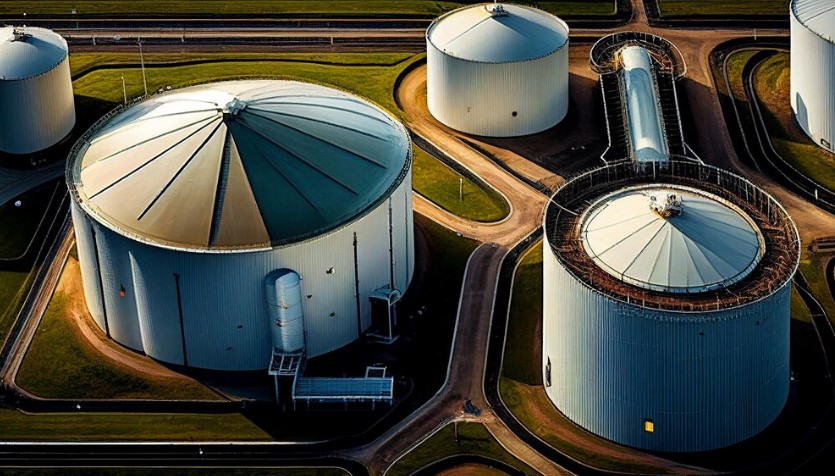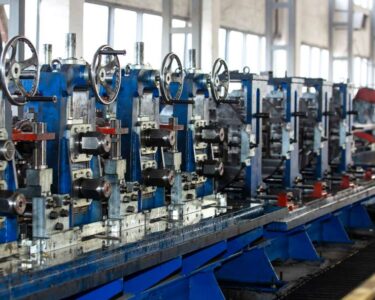Introduction to Oilfield Centrifuge Technology
Oilfield centrifuge technology is pivotal in the extraction process, but understanding its significance requires a closer look. Besides separating substances, it aids in environmental protection by efficiently managing waste materials. Additionally, its role extends beyond traditional oil drilling to applications in wastewater treatment and biofuel production.
Types of Oilfield Centrifuge Technologies
Decanter Centrifuges
Decanter centrifuges are workhorses of the industry due to their versatility. They’re not only adept at separating solids from liquids but also excel in dewatering applications. Their continuous operation and ability to handle high volumes make them indispensable in large-scale operations such as drilling mud recycling and wastewater treatment in oilfields.
Disc Stack Centrifuges
Disc stack centrifuges offer unparalleled efficiency, especially in applications requiring fine particle separation. They find extensive use in offshore drilling where space is limited, thanks to their compact design. Their ability to handle varying feed conditions and deliver high-quality clarified liquids makes them a preferred choice for demanding applications.
Vertical Centrifuges
Vertical centrifuges, with their vertical orientation, are specifically engineered for solid-liquid separation in drilling operations. They play a crucial role in reducing environmental impact by effectively treating drilling cuttings and recovering valuable fluids. Their compact footprint and minimal maintenance requirements make them suitable for both onshore and offshore installations.
Comparison of Oilfield Centrifuge Technologies
Efficiency
Decanter centrifuges offer high throughput and can handle a wide range of feed materials, making them efficient in large-scale operations. Disc stack centrifuges, on the other hand, excel in fine particle separation, providing superior clarity in clarified liquids. Vertical centrifuges offer efficient solids control, ensuring minimal fluid loss and environmental impact.
Capacity
Decanter centrifuges are ideal for high-capacity operations due to their continuous operation and ability to handle large volumes. Disc stack centrifuges, although smaller in size, can still accommodate significant throughput and are suitable for space-constrained installations. Vertical centrifuges offer moderate capacity but are highly effective in managing drilling waste.
Operating Costs
Decanter centrifuges may incur higher initial costs but offer low operating expenses over their lifespan. Disc stack centrifuges require less space and energy, resulting in lower operating costs, especially in offshore applications. Vertical centrifuges offer competitive operating costs and require minimal maintenance, making them cost-effective solutions for solids control.
Factors to Consider in Choosing the Best Centrifuge Technology
Besides efficiency, capacity, and operating costs, several other factors influence the selection of centrifuge technology. These include environmental regulations, site-specific conditions, and the availability of skilled manpower. Additionally, factors such as ease of integration with existing infrastructure and compatibility with automation technologies play a crucial role in long-term operational efficiency.
Case Studies: Real-world Applications
Illustrating the practical benefits of each centrifuge technology through case studies can provide valuable insights. Real-world examples showcasing successful implementations, challenges faced, and solutions provided help readers make informed decisions based on industry best practices.
Future Trends in Oilfield Centrifuge Technologies
The evolution of oilfield centrifuge technologies is driven by advancements in materials, automation, and data analytics. Future trends include the development of intelligent centrifuge systems capable of self-optimization and predictive maintenance. Additionally, innovations in materials science may lead to the development of more durable and corrosion-resistant centrifuge components.
Conclusion
In conclusion, the choice of oilfield centrifuge technology depends on a myriad of factors, including operational requirements, space constraints, and budget considerations. Decanter centrifuges, disc stack centrifuges, and vertical centrifuges each offer unique advantages and are suited for different applications. By carefully evaluating these factors and considering future trends, operators can select the best-suited centrifuge technology to optimize their operations and minimize environmental impact.
FAQs:
- What are the key environmental benefits of using oilfield centrifuge technology? Oilfield centrifuges help in efficient waste management, reducing environmental pollution, and promoting sustainable practices in the oil and gas industry.
- How can operators ensure the optimal performance of their centrifuge systems? Regular maintenance, monitoring process parameters, and investing in training for personnel are essential for maximizing the performance and longevity of centrifuge systems.
- Are there any emerging technologies that could revolutionize oilfield centrifuge operations? Emerging technologies such as artificial intelligence and machine learning hold the potential to enhance the efficiency and reliability of oilfield centrifuge operations by enabling predictive maintenance and process optimization.
- What role does centrifuge technology play in enhancing oilfield safety? Centrifuge technology aids in the removal of hazardous materials from drilling fluids, reducing the risk of accidents and ensuring a safer working environment for personnel.
- How can operators stay updated on the latest advancements in oilfield centrifuge technology? Operators can stay informed by actively participating in industry conferences, workshops, and webinars, as well as by networking with experts and subscribing to relevant publications and newsletters.



